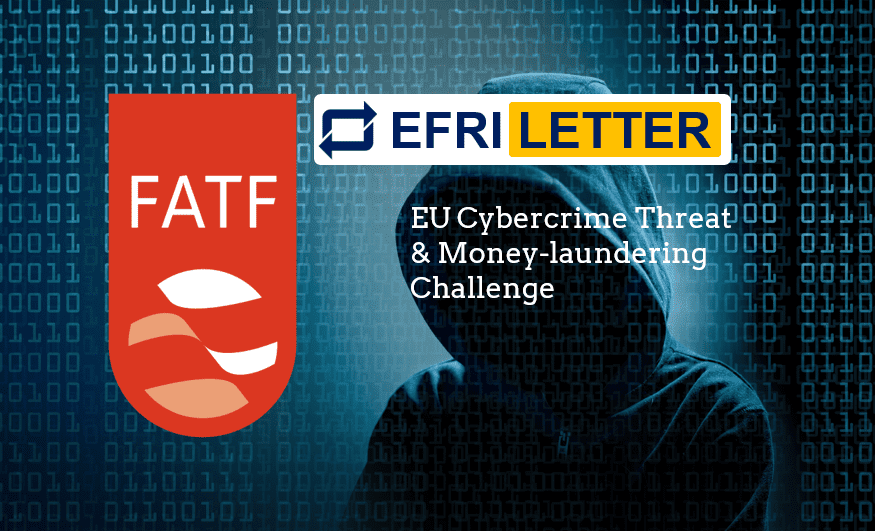Currently, the Wirecard tsunami sweeps over Germany and destroys the reputation of the capital market and its institutions. The responsible authorities, auditors, and politicians are sort of playing the “Trip to Jerusalem” or “Musical chair” and deny any guilt in causing this drama. The frightening truth is that Germany has a systemic problem with cybercrime and money laundering. The consequence of this truth is that Germany must review the state of its authorities and its approach to cybercrime. And FATF should have a very close watch!
For all Fintech experts, the readers of Financial Times and FinTelegram, the unmasking of the Wirecard fraud was not surprising at all. It was a well-known “public secret” that the German Fintech und DAX superstar has been involved in cybercrime and financial scams for many years. The Wirecard Bank is showing up on payment instructions of different scams time and again. The European Funds Recovery Initiative (EFRI), co-founded by FinTelegram, has been communicating with the German Watchdog BaFin throughout 2019 already and filed a money-laundering complaint about Wirecard early 2020.
According to EFRI’s final “Follow the money sheet for deposits of 822 scam victims“ more than 32% (11 Mio EURO) of the total €34,7 million (stolen victims´ life-time savings) were sent to shell companies with German bank accounts on the instructions of the scammers. Consequently, it can be concluded that millions if not billions of illicit money were laundered via German FinTechs and/or payment processors to fraud companies all other the world.
Banks in Germany apparently have a problem to properly apply AML-CFT and KYC procedures resulting in German financial institutions being significant contributors to the immense daily fraud perpetrated on unsuspecting consumers by cybercriminals.
The apparently bad performance of the German supervisory authority and not functioning Financial Intelligence Unit (FIU) network in Germany resulted in Germany becoming the country to go for money laundering for cybercriminals. Germany developed into a paradise for scammers ripping off consumers and retail investors and for scammers to launder the stolen money.
This happened at the expense of thousands of unsuspecting retail investors who actually relied on a functioning and well-supervised German financial market.
Hence, it’s not really surprising that the Financial Action Task Force (FATF), the global money laundering, and terrorist financing watchdog plans on-site audit in Germany in the upcoming months. EFRI has taken this forthcoming review as an opportunity to write a detailed open letter to the FATF.
In this letter EFRI has summarised the information it has received from victims of various scams and from whistleblowers of the FinTelegram. Perhaps this letter can help the FATF audit team. In any case, this open letter to the FATF should signal that it is time to make a difference in Germany and the EU in the fight against cybercrime and money laundering.
